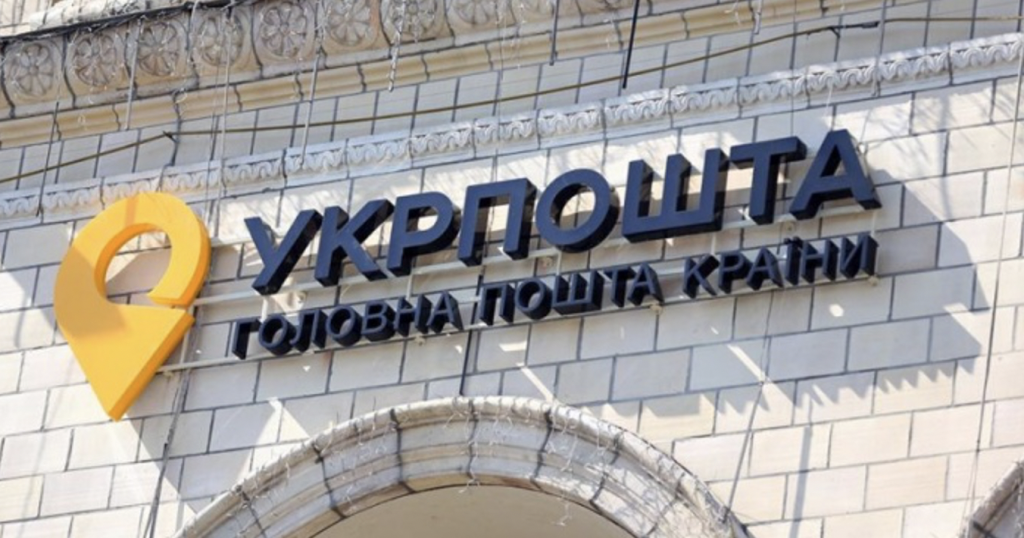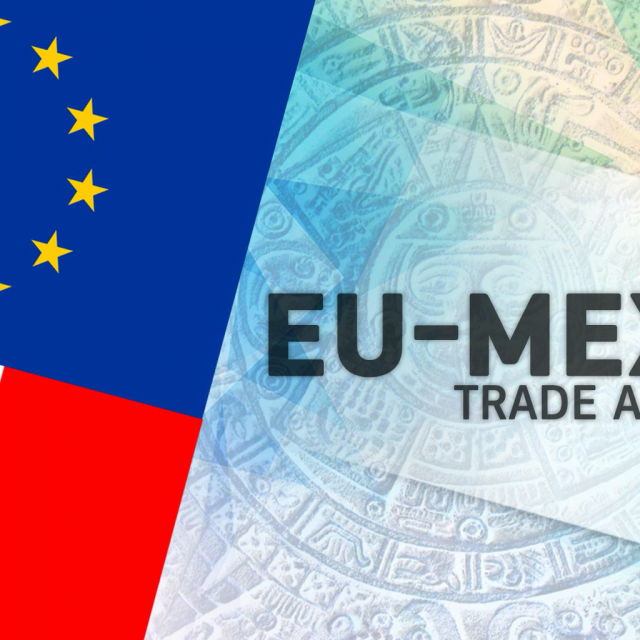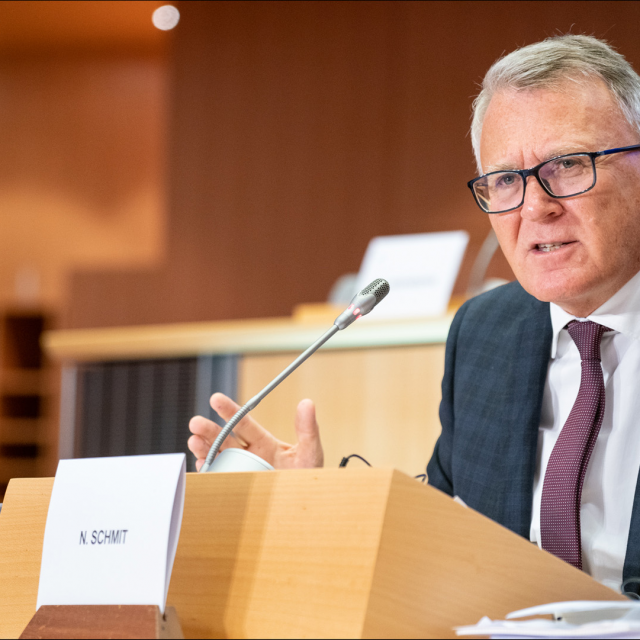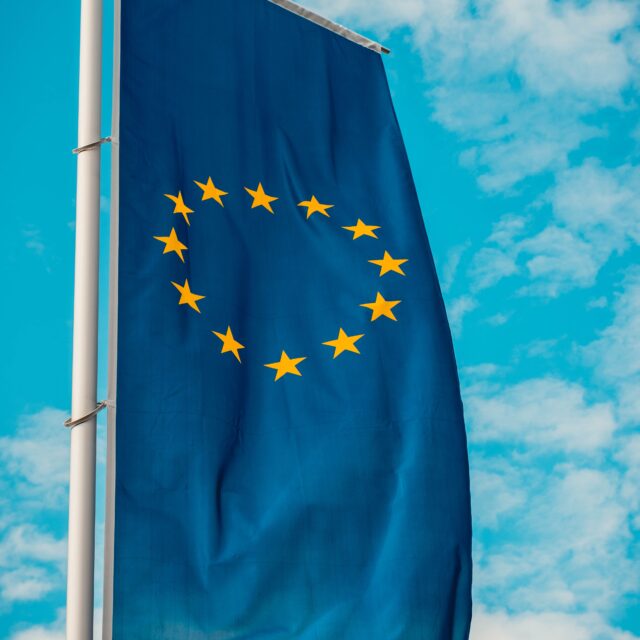The pandemic caused by the coronavirus crisis has forced countries to join forces to overcome the consequences.
This is especially true for countries with small budgets which have already had financial problems. The EU has joined forces and extended a helping hand to non-member countries, including Ukraine.
Financial assistance, though, is not only intended to eradicate the negative effects of the pandemic but is also aimed at carrying out certain public sector reforms. Among the requirements set by the European Commission to the Ukrainian government were certain rules for public financial management, strengthening the rule of law in the country, implementation of judicial reform, competition in the gas market, improvement of business climate, and management of state-owned enterprises.
The total amount of loan financing amounted to €1.2 billion and European Commission Vice President Valdis Dombrovskis said, “These macroeconomic support programs will be provided on favourable terms on the basis of signed memoranda of understanding, which set out specific commitments to reform”.
In this regard, one might consider the current situation with the state budget of Ukraine. The situation is unnerving, as the State Treasury Service of Ukraine published information on the planned revenues and reported that in January-August 2020 revenues to the state budget are expected to be 20 billion, or 3.8% less than planned. It also reported that the state budget for the period was implemented with a deficit of more than UAH 51 billion. At the same time, Ukraine’s Ministry of Finance reports that the state budget for the next year can hold a deficit of 6% of gross domestic product.

Roman Yermolychev, Deputy Minister of Finance, said, “The state budget is not yet fully formed. Consultations are ongoing. At the same time, we have to take into account the unstable economic situation in the country. Thus, we expect a budget deficit of 6% in 2021, 4.5% in 2022 and 3% in 2023. This year it amounts to 7.5% of GDP”.
A logical question arises as to how the government will cover the deficit indicators and ensure a balance of expenditures and revenues. In this context, it is important to monitor what the authorities and Ukraine president Volodymyr Zelensky will do to stabilize the situation.
Zelensky has been criticised for wanting to privatize strategic enterprises, such as the central postal operator, Ukrposhta, which is doing everything possible to strengthen its monopoly of the market. A big concern, though, is its tendency to monopolize international postal traffic, reserving the exclusive right to send international post through “points of international postal exchange.”
This practice exists in some countries, such as Belarus, Russia and Kazakhstan but developed capitalist countries do not follow such approaches as they contradict the principle of free competition, a prerequisite for an efficient market economy. How come, then, has Ukraine, which aspires to EU integration, has adopted the methods of former-Soviet countries and avoids a European approach?

There is little public debate about this but a Ukraine transport source said Ukrposhta’s actions harm the president’s reputation. It is also argued that his sharply declining approval ratings are also the result of the actions taken by the state operator. Ukrposhta has also been subject to alleged scandals. For example, it was reported that in 2020 the Director General of JSC “Ukrposhta” Igor Smilyansky, received a salary of almost 2 million hryvnias.
There are two polar views on resolving the issue in Ukraine’s Verkhovna Rada. On the one hand there are the Ministry of Finance, effectively cooperating with European Union for many years, and the State Customs Service, seen as a reliable partner for western countries and successfully implementing reforms. A different view is proffered by Oleksandr Sova, a People’s Deputy from the Sluha Narody (Servant of the People) faction, who believes that monopolization of the market by Ukrposhta will have a positive effect.
Ukrainian authorities’ actions have caused some controversy and contradictions. On the one hand, the ruling party in Ukraine’s parliament is trying to monopolize the postal market while elsewhere there are moves to privatize the sector.
Another major postal operator in Ukraine is “Nova Poshta”, co-owned by Vyacheslav Klymov, who was in Zelensky’s team during the election campaign.
So, which way is the government going? It builds cooperation with the EU but also initiates the creation of separate monopolies, contradicting all market rules.




